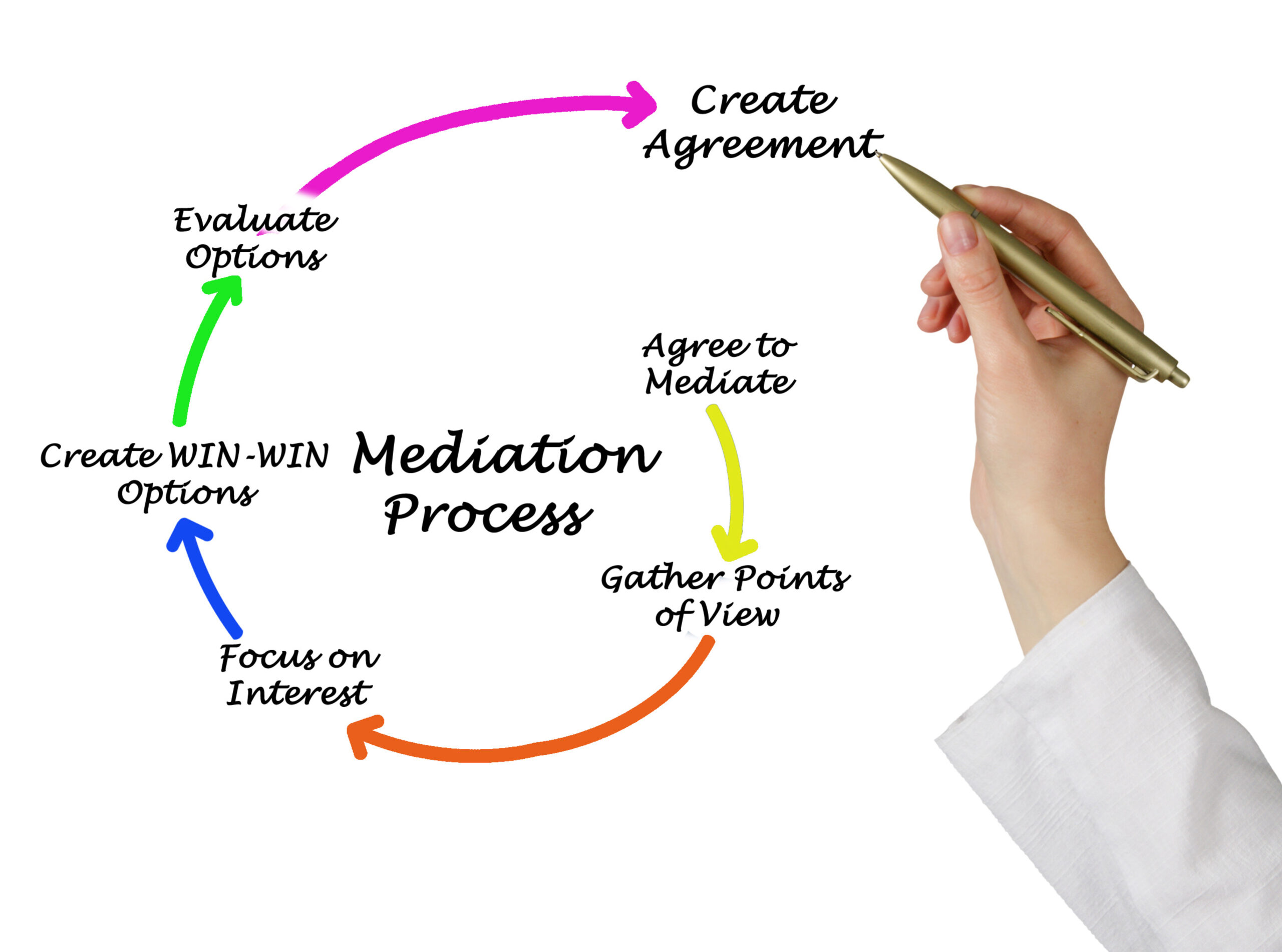Services
Mediation
Mediation Services
Mediation...
…is yet another form of dispute resolution that I strongly recommend to my clients. In contrast to arbitration and public litigation, mediation is not a legally-binding resolution. Therefore, if either party is not satisfied with the mediation process, they can still proceed with formal litigation if they choose to do so. Mediation is a process in which both parties agree to sit down with an independent neutral third party and openly discuss their position (what they want) and their interest (why they are asking for what they want). To have a successful mediation, both parties need to have emotional intelligence and be willing to discuss what they want, and the reasons why they feel what they want is justified. Each party also needs to be willing to work cooperatively with the other party, to actively listen to what the other party is saying, and to try and understand the problem from their perspective. A good mediator will remain neutral throughout the process and try to create value for both sides. It is important to note that mediation should not result in one side winning and the other side losing. In contrast to litigation and arbitration, a successful mediation results in a collaborative effort that results in a mutually-satisfying arrangement that adds value for both parties.
Litigation...
Arbitration...
Free Consultation
That's right - a free consultation from a licensed attorney. About time, right?
Call or Text
585-500-1844

